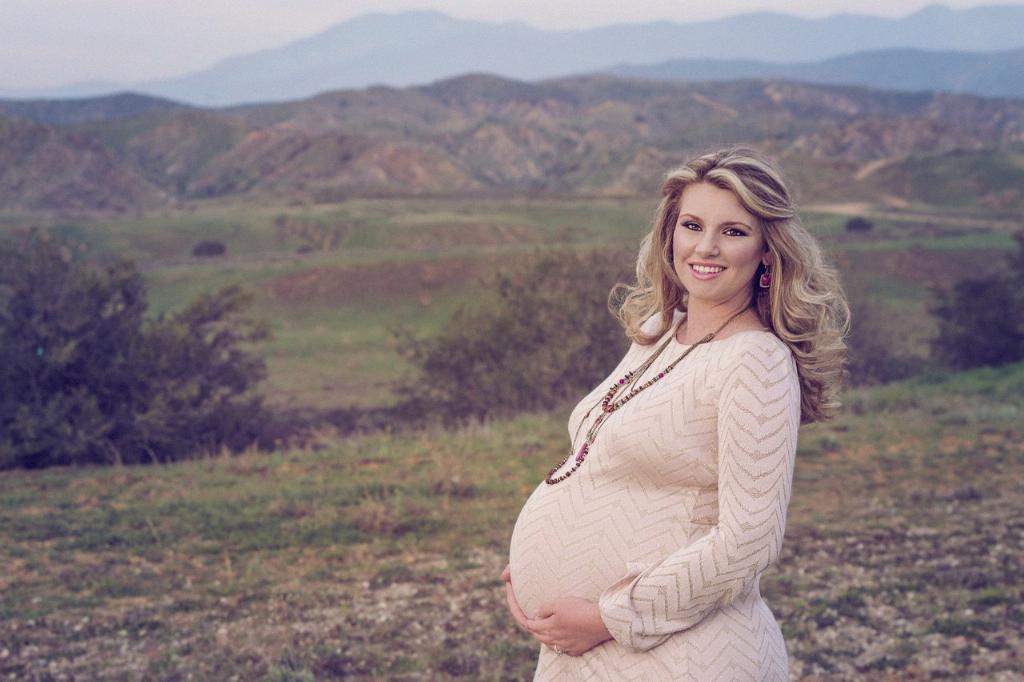When it comes to pregnancy toxemia, also known as ketosis or pregnancy toxemia of ewes (PTE), it is crucial to understand the severity of this condition. Pregnancy toxemia is a metabolic disorder that primarily affects pregnant ewes or sheep during late gestation. This condition is characterized by a negative energy balance, resulting in increased ketone production in the body and the buildup of toxic substances.
Signs and Symptoms of Pregnancy Toxemia
Recognizing the signs and symptoms of pregnancy toxemia is essential for early intervention. Some common clinical signs include weight loss, lethargy, poor appetite, an unsteady gait, and neurological abnormalities. Additionally, affected animals may exhibit signs of weakness, depression, and coma as the condition progresses.
Diagnostic Measures for Pregnancy Toxemia
Diagnosing pregnancy toxemia involves a combination of clinical evaluation and laboratory tests. Blood tests can detect high levels of ketones and low glucose concentrations in affected animals. Additionally, urine analysis may reveal ketonuria, indicating the presence of ketones in the urine.
Treatment Approaches for Pregnancy Toxemia
When it comes to the treatment of pregnancy toxemia, the primary goal is to restore the energy balance and address the metabolic abnormalities associated with the condition. The treatment approach typically involves a multi-faceted strategy to ensure optimal outcomes for the affected animals.
Glucose Supplementation
One of the key components of treatment for pregnancy toxemia is glucose supplementation. Administering glucose either orally or intravenously can help replenish the depleted energy reserves in the body and prevent further ketone production.
Liver Protection
Protecting the liver from damage is another crucial aspect of the treatment plan for pregnancy toxemia. Certain medications and supplements can help support liver function and prevent hepatic complications associated with the condition.
Detoxification
Detoxifying the body and eliminating harmful substances is essential in managing pregnancy toxemia. Specific interventions aimed at promoting detoxification processes can help reduce the toxic burden on the body and improve overall health.
Fluid Therapy
Fluid therapy plays a vital role in maintaining hydration and electrolyte balance in animals with pregnancy toxemia. Administering IV fluids can help correct dehydration and restore normal physiological functions.
Nutritional Support
Providing adequate nutrition and dietary support is crucial for managing pregnancy toxemia. A balanced diet rich in energy-dense foods can help meet the increased metabolic demands of pregnant ewes and facilitate recovery.
Monitoring and Follow-Up Care
Monitoring the progress of treatment and providing follow-up care are essential components of managing pregnancy toxemia. Regular veterinary check-ups and diagnostic tests can help assess the response to treatment and adjust the management plan accordingly.
Preventive Measures
Implementing preventive measures is key to reducing the risk of pregnancy toxemia in ewes. Proper nutrition, adequate body condition scoring, and timely veterinary care can help minimize the incidence of this metabolic disorder.
Conclusion
In conclusion, addressing pregnancy toxemia requires a comprehensive approach that targets the underlying metabolic imbalances and supports overall health and well-being. By implementing effective treatment strategies and preventive measures, veterinarians can improve the prognosis and outcomes for animals affected by this challenging condition.

